
Night Leg Cramps? Try These 5 Simple Tips
Simple ways to ease and prevent night leg cramps.
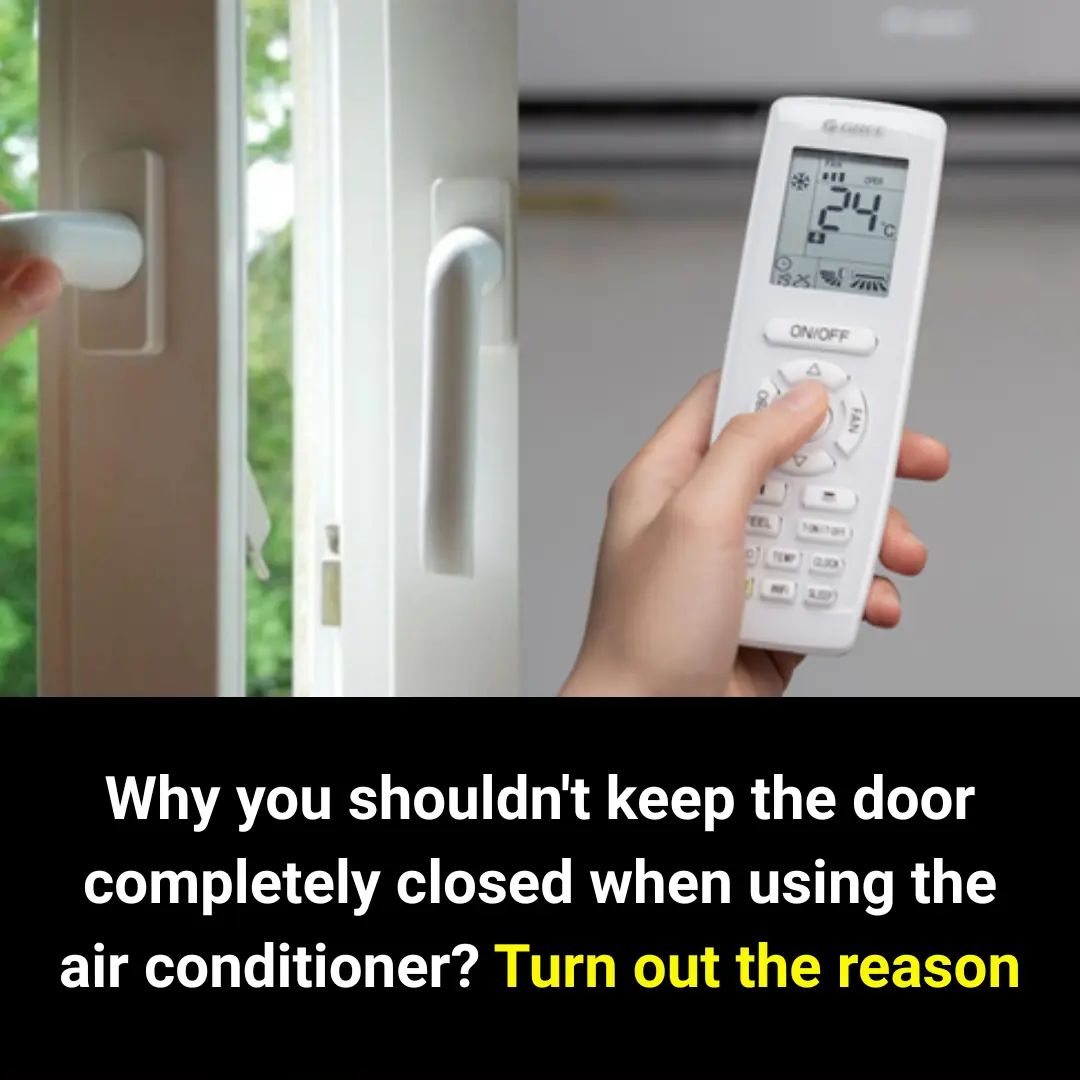
Every summer, air conditioners quickly become an indispensable household appliance for many families. However, not everyone knows the proper way to use an air conditioner to save electricity and avoid harm to your health.
During the summer, the rising temperatures make air conditioning essential for comfort and well-being. We often assume that when using the air conditioner, we must keep the doors and windows closed tightly. This is thought to ensure coolness and protect the air conditioner, but this method is not entirely correct.
The air in a sealed room with the air conditioner running can be 2-5 times more harmful than the air outside. If you continuously use the air conditioner in a small, sealed room, after a few days, you may begin to feel stuffy, heavy, and like there is no oxygen to breathe. This can be harmful to health, especially for young children.
Therefore, it is recommended to leave small openings in the room to allow airflow, or install a ventilation fan. You should also consider using air conditioners with air filtration functions to help cool the room and maintain healthy air.
When the temperature drops (in the evening or when it rains), you can turn off the air conditioner and open the windows for better air circulation.
One common mistake people make is frequently turning the air conditioner on and off. Many people turn the air conditioner to a very low setting and then switch to a fan when it feels cold, only to turn the air conditioner back on when they feel hot again. While this may seem like a good way to save electricity, it actually has the opposite effect.
The habit of turning the air conditioner on and off repeatedly not only leads to higher electricity costs but also causes the device to degrade faster. Each time the air conditioner starts up, it requires a significant amount of electricity to power the compressor and fan.
Air conditioners today are equipped with temperature sensors, so when the room temperature matches the set temperature, the unit will automatically turn off to save energy. Therefore, there’s no need to manually turn it off and on.
Experts also recommend turning off the air conditioner about 30 minutes before leaving the room. This helps gradually raise the room's temperature and prevents sudden temperature shock when you leave the room.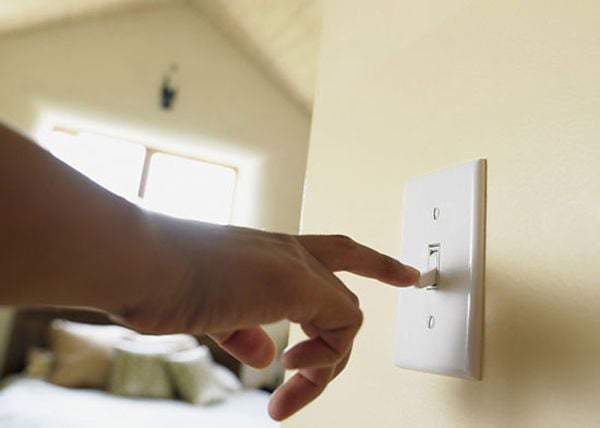
Every time the outside temperature rises by 1°C, the electricity consumption of the air conditioner increases by 1.5-3%, depending on the model and usage. Lowering the air conditioner's temperature by just 1°C can cause an additional 1.5-2.5% increase in power consumption.
To save energy, it’s best to set the air conditioner temperature between 25-28°C.
Although this might seem like it uses more electricity, using a fan with the air conditioner is actually a helpful way to cool the room quickly while saving some energy.
The fan helps distribute the cold air faster, allowing the room to cool down more efficiently. You can use the fan for the first 15 minutes when turning on the air conditioner. Once the room is cool enough, turning off the fan will prevent unnecessary energy waste.
Most air conditioners today are equipped with a timer function, but many users don't take full advantage of this feature. It is especially useful during the night or when sleeping. Since body temperature drops during sleep, it's a good idea to set the timer to prevent you from getting too cold or disrupting your sleep.
By setting the air conditioner to automatically turn off after a certain period, you not only improve your sleep quality but also reduce electricity consumption over the course of the month.
Many users tend to set the temperature as low as possible to cool the room faster, but remember that the lower the temperature, the more electricity the air conditioner will use. According to experts, the ideal indoor temperature should be around 25°C. The smaller the difference between the indoor and outdoor temperature, the less energy will be consumed, and the lower the chances of temperature shock when transitioning between environments.
Generally, cooling a space requires some time, so setting the air conditioner to the lowest possible temperature immediately will not make the room cool any faster. It only causes the device to work at full capacity, consuming more electricity. Therefore, it’s best to adjust the temperature to a reasonable level for the most efficient and quiet operation of your air conditioner.

Simple ways to ease and prevent night leg cramps.
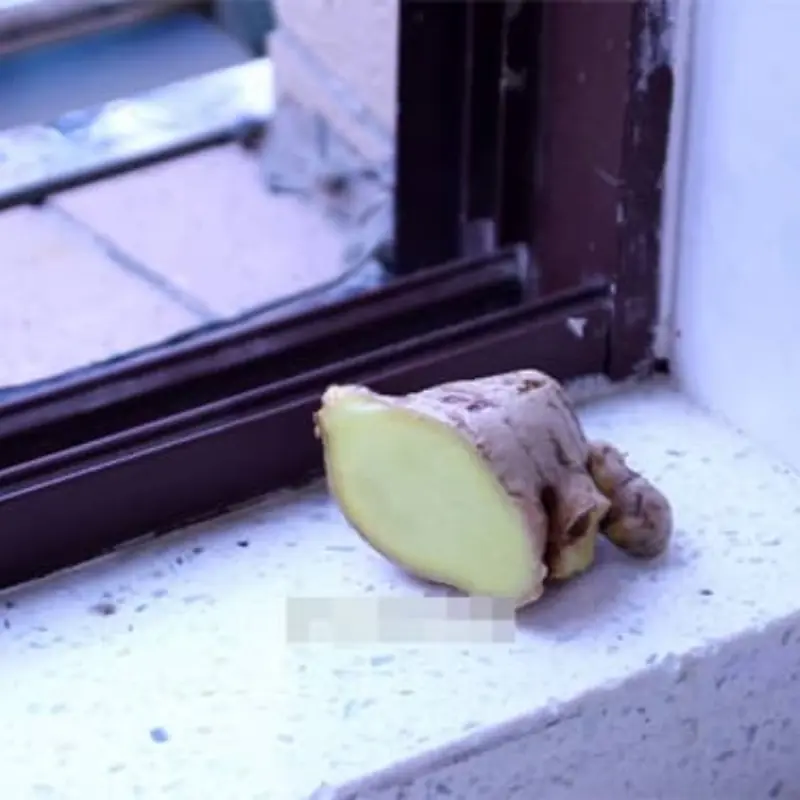
Smart ways to keep ginger fresh without a fridge.
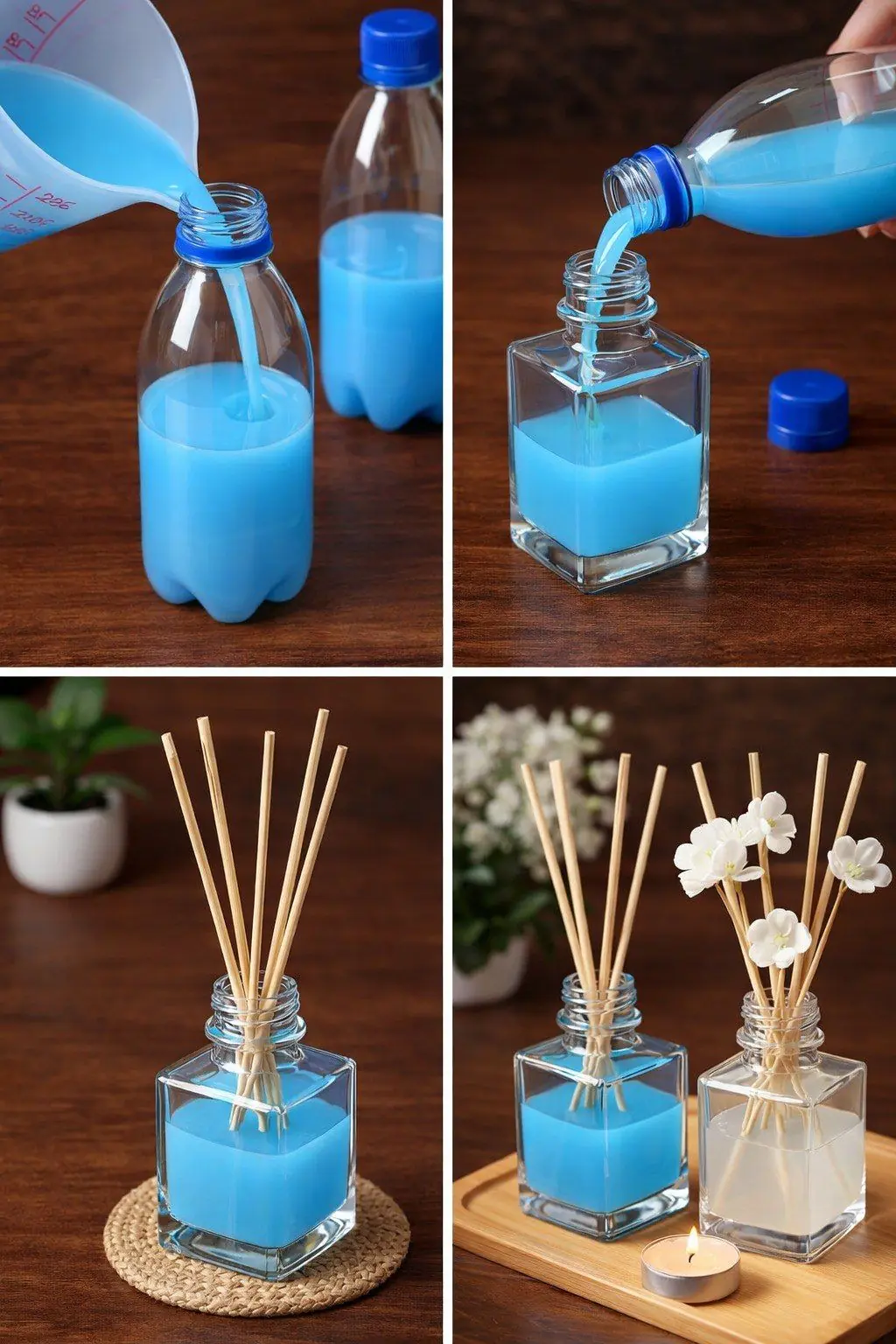
This simple kitchen trick makes your whole home smell AMAZING

Combining Lemon and Cloves: A Natural Pairing With Practical Daily Uses

How to Easily Grow Ginger at Home and Have Fresh Ginger Year-Round

Landscaping Plants That May Draw Snakes Closer to Your House
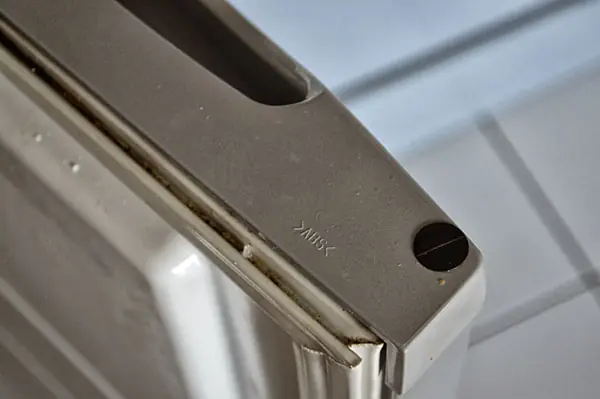
Best Methods for Cleaning the Rubber Seal Around Your Fridge Door
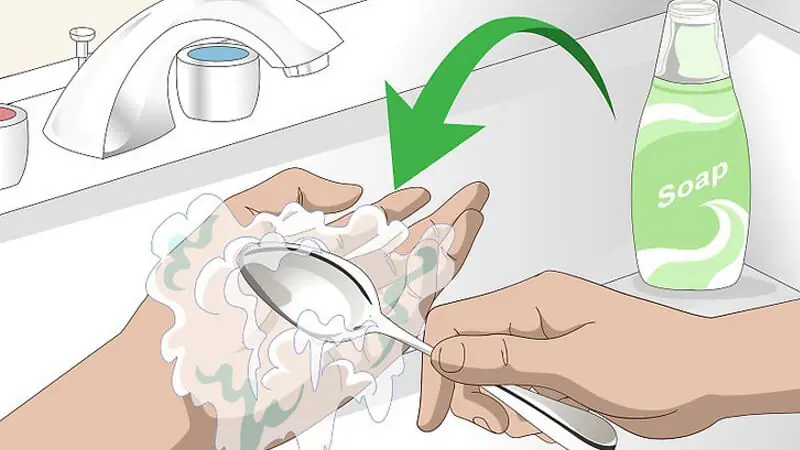
How to Get Rid of Garlic Odor from Your Hands While Cooking
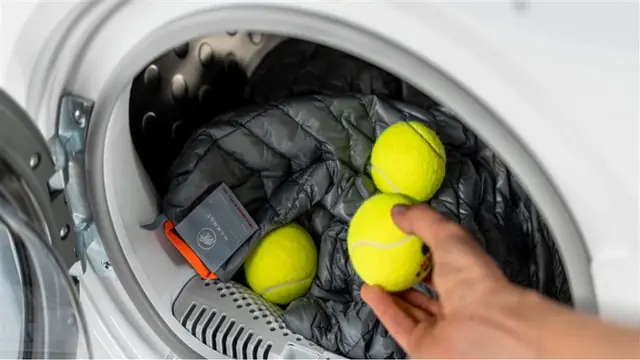
Add 3 balls to your washing machine: A simple trick that helps clothes dry more quickly

Toothpaste and Salt Combined: Unexpected Benefits You Can Use at Home

In a recent video call,

You may be familiar with common toilet unclogging methods, but there’s a simple trick that few know: pouring salt into the toilet bowl.

Beer and salt together can help tackle many everyday household issues.

Garlic skins hold surprising uses beyond the kitchen bin.
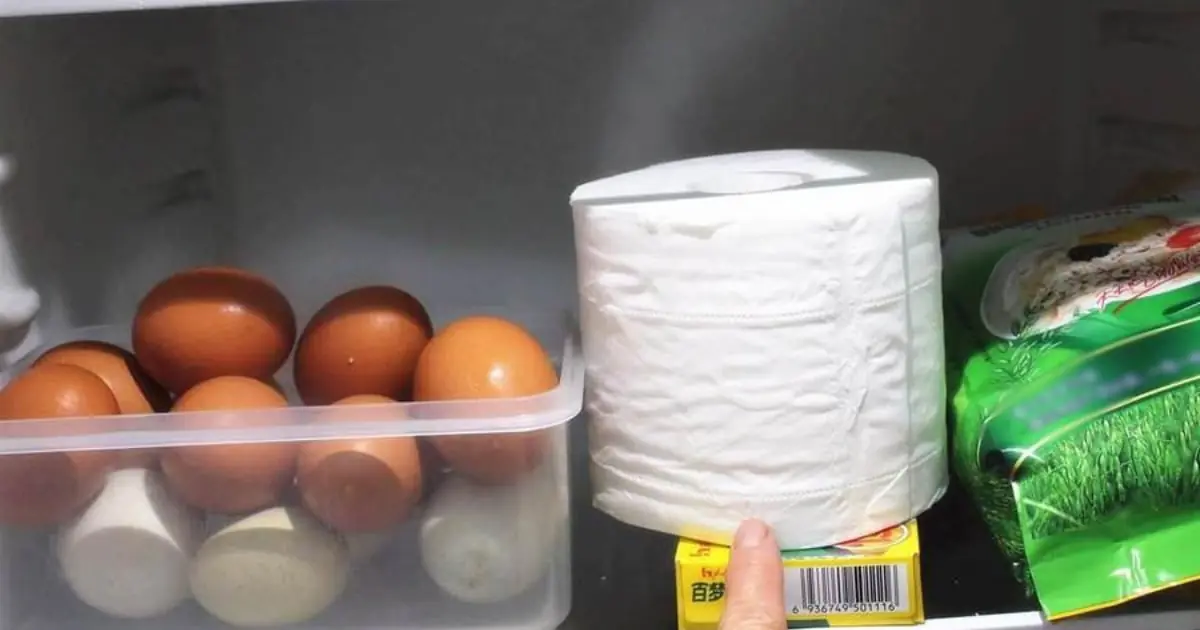
How can a roll of toilet paper inside the refrigerator reduce unpleasant smells?

A Simple Guide to Making Coconut Oil at Home

Think Volume Buttons Only Control Sound? Here Are 6 Hidden Tricks
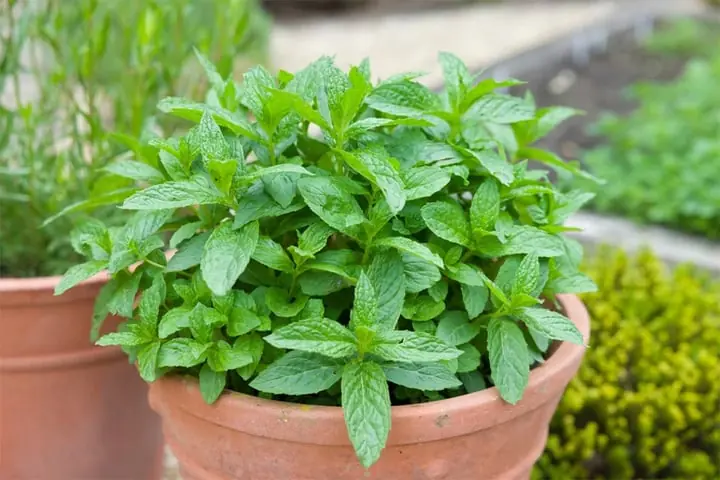
7 beautiful and fragrant plants that naturally keep mosquitoes away
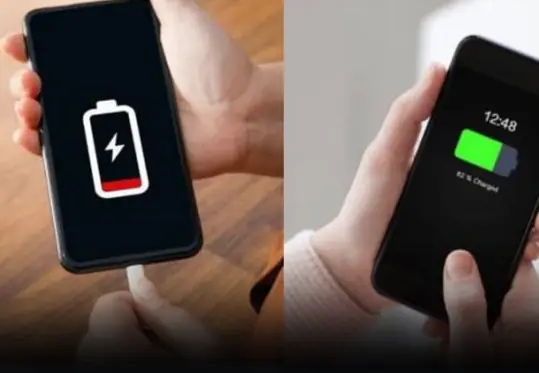

He thought it was allergies. The tests showed more.

Doctors reveal that eating cashews causes …

Daily sweet potatoes led to surprising liver results.

Simple ways to ease and prevent night leg cramps.
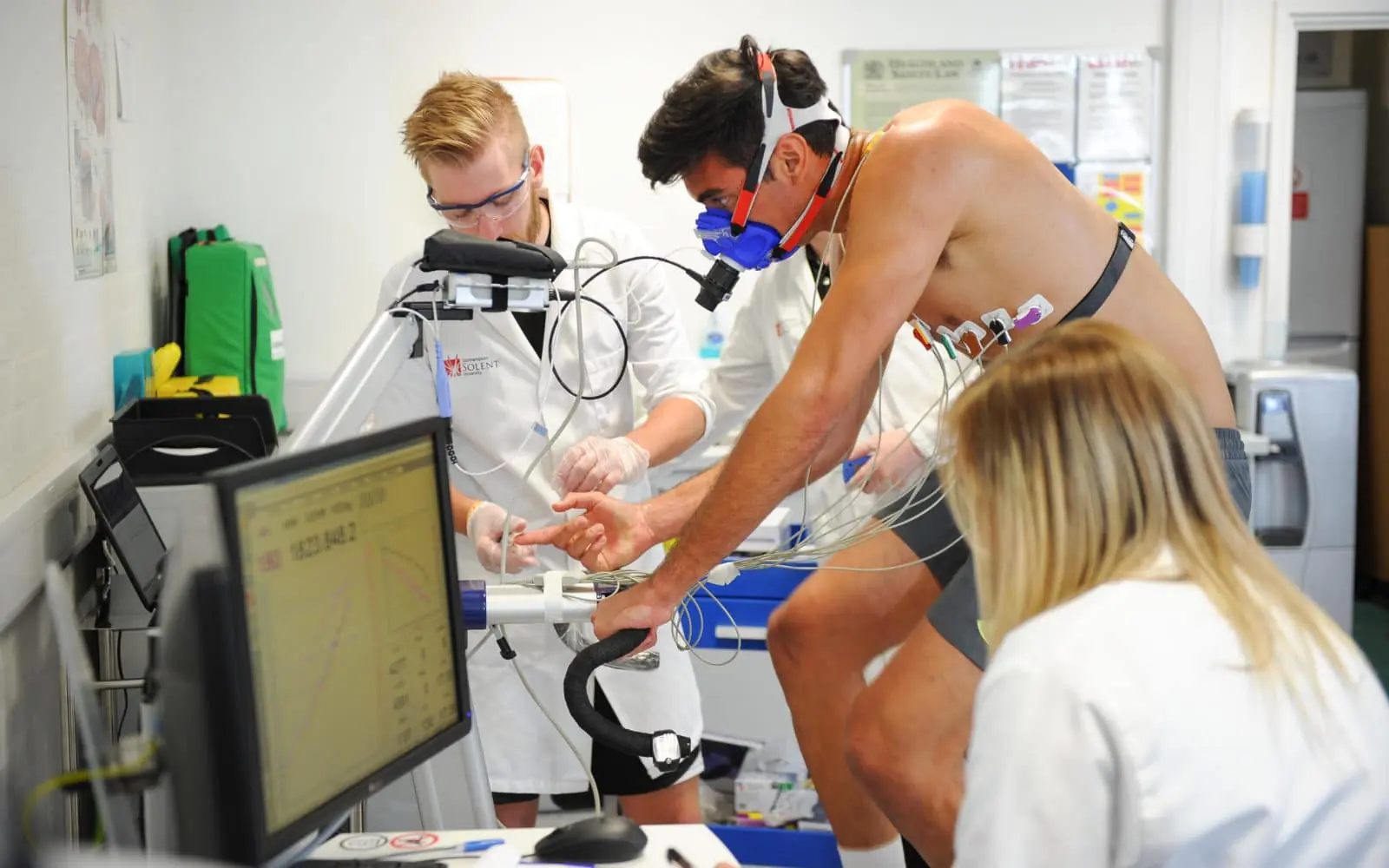
If your doctor orders a colonoscopy, simply tell them the following

This simple ring quiz will surprise you — take it now

Smart ways to keep ginger fresh without a fridge.

This simple kitchen trick makes your whole home smell AMAZING

How Early Detection of Colon Polyps Reduces Cancer Risk

Should You Eat Bananas in the Morning? Experts Weigh In
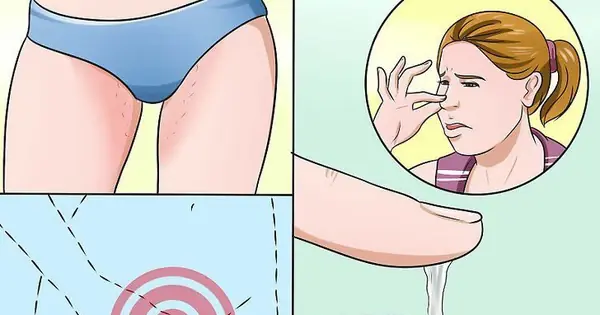
Noticing a Sour Vaginal Smell? 4 Possible Causes Explained

20 foods that may support your body in protecting against can.cer

The Night I Was Called the “Family Mistake”—and the Day They Came Back in Tears

Standing My Ground: When “Family First” Turned Into a Threat

Health professionals advise that visible signs described as “3 yellows and 1 red” could indicate declining liver function
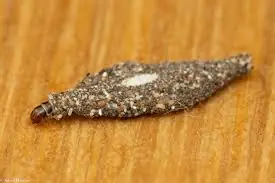
What Is the Real Purpose of Those Small Bags on the Wall?

When itching could signal more than dry skin

My “Golden Child” Sister Tried to Turn My First Home Into Her Family’s Free Ride
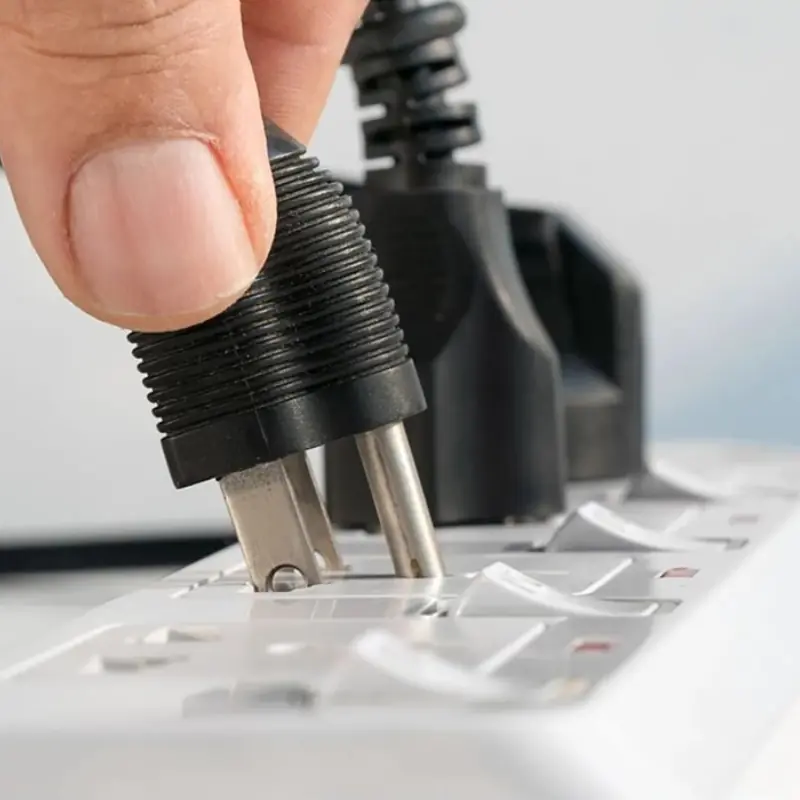
The hidden home appliance driving up your power bill

A “Family Weekend” That Turned Into a Lesson They Won’t Forget